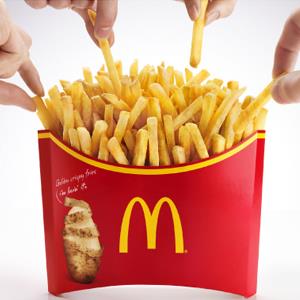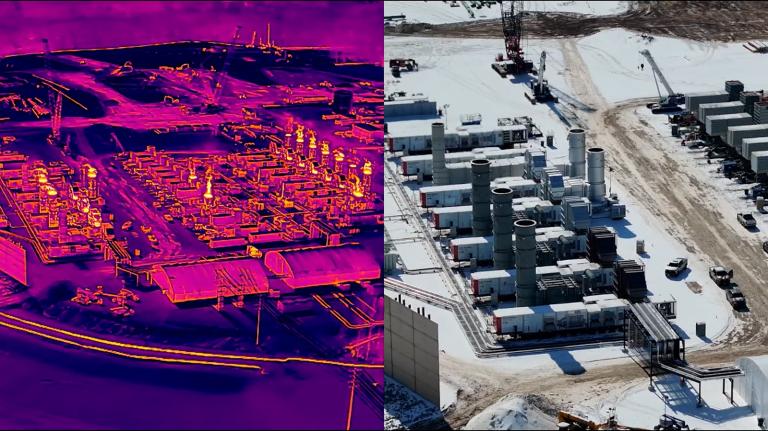A few days ago I met the Dalai Lama. He held my hand and embraced me. Then I drove past the broken body of a person who had just killed himself by jumping off a building.
Two days earlier I sat in a packed auditorium for the opening day of the Dalai Lama’s Spirituality and the Environment conference. That was the same day that atmospheric carbon dioxide levels rose above 400 parts per million for the first time in human history.
The contrast between His Holiness’ message of compassion and the damage we are inflicting on ourselves and the earth hit me hard.
America is in fact in the midst of a suicide epidemic, with the biggest increase in white, middle-aged men. Suicide is now the fourth leading cause of death in the U.S. behind cancer, heart disease and accidents. Experts theorize this has to do with mounting economic challenges.
How uncomfortable does our comfort zone have to become before we are ready to change? Escalating suicide rates, skyrocketing carbon pollution, more than 1,000 factory workers recently killed in Bangladesh are all symptoms of an economic system that is the furthest thing from compassionate.
In 1944, at the Bretton Woods conference the industrializing world yoked itself to the limitless growth model. Ever-escalating consumption and growth of the Gross Domestic Product became the goal. A few decades from now this may come to be seen as an unwitting act of mass suicide. The planet can’t sustain it. Over two billion people now live in deep poverty. The poverty rate in the U.S. is higher than at any time since the Great Depression.
And still most of our political leaders, economists and media sources tell us to buy, buy, buy, drill, drill, drill, gobble, gobble, gobble. It’s relentless and it’s killing us, literally. Even before the onset of the Great Recession America reached a dubious tipping point: for the first time in our nation’s history increases in average life expectancy stagnated and even slipped downward for under-educated women. Meanwhile our kids and grandkids became the first American generation not expected to be as well off as their parents.
We’re working harder and dying younger (too often by our own hand). This is a good time to ask if this economy working for us or are we just working for it? What’s the economy for anyway if it’s eroding our quality of life?
Importantly, the economy is not a force of nature or an act of god — it is a human-made construct. We created it, which means we can recreate it. Americans, indeed humanity, has done so over and over again. Our current comfort zone is really uncomfortable. It’s time to change.



